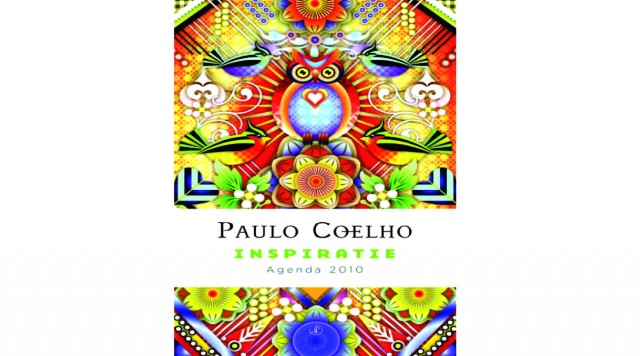
The first section of Coelho’s anthology titled ‘Water’ starts off with ‘The Ugly Duckling’, an appropriate if obvious choice to kick off the a section is intended to serve as a paddling pool of insightful morals. Although Hans Christian Anderson’s classic fairy tale is the perfect start, it appears here Coelho has outdone himself and then scrambles to find other stories to fill the section. Coelho has thrown together Machiavelli’s The Prince in the same section — a chosen excerpt about how leaders should gain their popularity and love through fear. This seems a strangely gritty and adult intervention in Coelho’s otherwise saccharine world.
Despite the haphazard randomness of the book, a few of the stories Coelho have chosen do indeed live up to the title of the book and serve as an inspiration. Oscar Wilde’s powerful lament ‘De Profundis’ dominates the second section of his book; it is not the urbane epitaph-hurling Wilde we are all familiar with. This is a far more bitter, far more cruel, far more chilling creature, this is Oscar Wilde’s suffering.
It can be said that Coelho regains his target audience in the third section of his book, when he stops challenging them and returns to safer ground. Here we find Nelson Mandela’s inspirational ‘No Easy Walk to Freedom’, a piece of immense power that still leaves one speechless. In this section Coelho also includes an excerpt from One Hundred Years of Solitude, Gabriel Garcia Marquez’s modern classic and George Orwell’s Ninteen Eighty-Four. This carefully chosen mix of genres should have been how Coelho chose to arrange the remainder of his anthology.
Coelho begins his book by telling us that his anthology is “not just a collection of texts and poems but a gift, something one arranges according to one’s sensitivities to give to others.” This gift, comprised of an assortment of fairy tales, legends, superstitions and historical stories, is one that Coelho should keep to himself. Of the dozens of pieces he has chosen, only five or six are the inspiring, stimulating pieces of writing that the title claims they are. For someone who had to solely choose the greatest pieces of literature according to his standards (and the taste of his readers), Coelho could have done a better job.
Published in The Express Tribune, July 11th, 2010.






1732308855-0/17-Lede-(Image)1732308855-0-270x192.webp)










COMMENTS (3)
Comments are moderated and generally will be posted if they are on-topic and not abusive.
For more information, please see our Comments FAQ